Doechii - "Yucky Blucky Fruitcake"
This song is a treasure trove of powerful symbolism and societal critique, and thus it's inspired a few different themes to discuss. I chose this song because I find it refreshingly honest and relatable, even though I can't personally relate to some of the experiences Doechii references in the song. The overall tone brings me back to my pre-teen and teen years through a lens of nostalgia, empathy, and respect for the thoughts and opinions of my younger self.
"Yucky Blucky Fruitcake" tells the story of a young Doechii, growing up as a black girl in Tampa. Much of the video takes place in a classroom, where Doechii is a new student having to introduce herself. The voice of the song changes significantly throughout, taking on a rainbow of identities: isolated, sexual, resentful, somber, vulnerable, boastful, boisterous, hopeful, grateful, and playful, to name a few.
These identities intersect to create an unapologetically honest picture of her adolescent self, speaking from the perspective of herself now as "a black girl who beat the statistics."
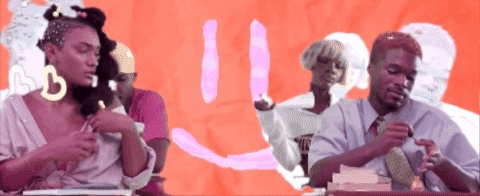
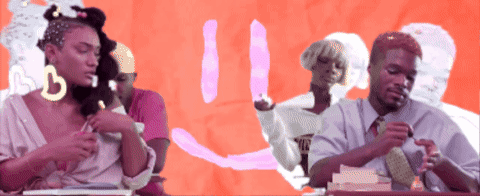
The video and song seem to express the story of her youth through her internal thoughts and desires, rather than those that would be on display to others. In an interview with Rolling Stone Doechii describes having a realization that she needed to embrace extreme honesty through her music, to act as "a mirror to people" and "to be brave enough... to say what it is that most people are afraid to say." This revelation became a turning point in her music, paving the way for "Yucky Blucky Fruitcake". In a way, it's as if Doechii is telling the story of her youth as if she'd experienced it with the mindset she has now - to be blatantly and unapologetically herself and provide a voice for the thoughts others may be afraid to say out loud.
Sexuality
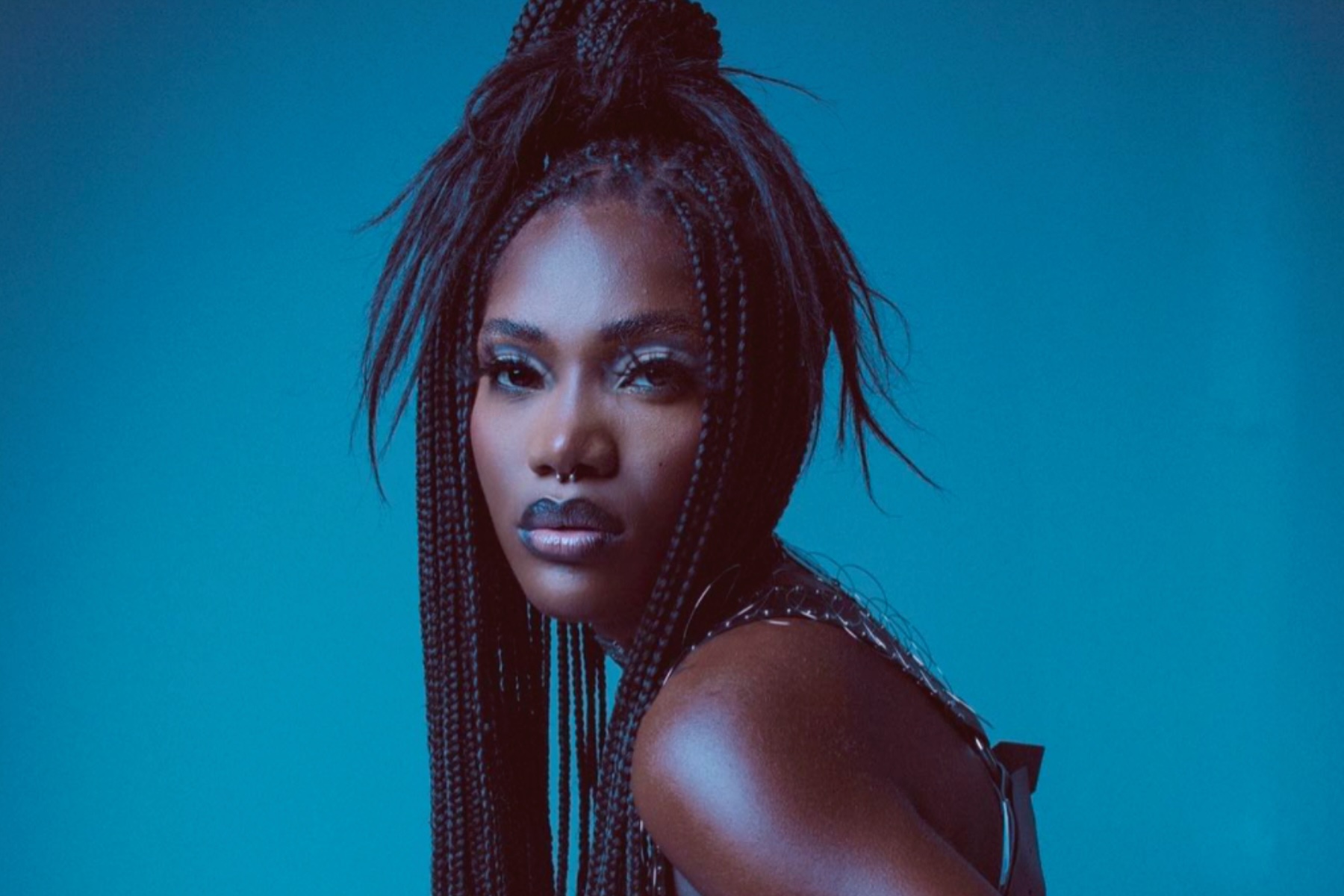
Doechii identifies as bisexual, and although her sexuality isn't the focus of the song, she acknowledges its role in shaping her experiences with other students:
I think I like girls, But I think I like men. Doechii is a dick, I never fit in.
In an interview with GQ Magazine Doechii discusses feeling isolated by not having any gay friends, which limited her ability to fully embrace her sexuality, even though she wasn't hiding it. She talks about how important it was for her to have friends in the queer community to make her more comfortable with her sexual identity. As a result of this support, she has been able to contribute to the queer community and allow others to feel embraced and accepted through her music.
Incidentally, the message behind "Yucky Blucky Fruitcake" struck home for people in communities across the internet, especially with members of the queer community. In an interview with Rolling Stone, Doechii discusses how she was surprised and excited to see the LGBT community, especially the trans community, with trans women and men using the song to showcase and share their transitions.
Capitalism
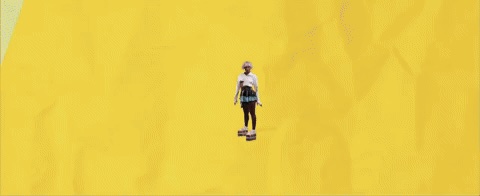

The song has multiple capitalistic themes, such as the lines "I pulling out my teeth, so I wake up to the cash," "Selling Silly Bandz from my desk to my drawer," and "While y'all was sticking house keys in motherfucking sockets/ I was stuffing all y'all lunch moneys in my pockets." By referencing money several times throughout the song, she highlights how much of an impact money and capitalistic ideals had an effect on her mindset growing up. The most apparent of these themes coming from her iconic line:
I am a black girl who beat the statistics Fuck the opinions and all the logistics
When she says "Fuck the opinions and all the logistics," I feel as though she is pushing away from the judgements people have about different parts of her identity, and simultaneously dealing with the inherent guilt that comes from being a person who "made it," who was able to escape poverty.
As a group, women of Color are the lowest paid wage earners in America. We are the primary targets of abortion and sterilization abuse, here and abroad. In certain parts of Africa, small girls are still being sewed shut between the legs to keep them docile and for men's pleasure. This is known as female circumcision, and it's not a cultural affair as the late Jomo Kenyatta insisted, it's a crime against Black women.
As Audre Lord explains, living in a world where black women are continually being abused and ignored by society while crimes are committed against them, I can imagine it might be confusing to be somebody like Doechii, who people may think has "escaped" those aspects of our society. However, through the lens of intersectionality, we realize that she can never really "escape," because black women like her are still being marginalized by our society in too many ways to count.
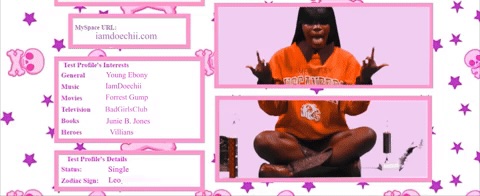
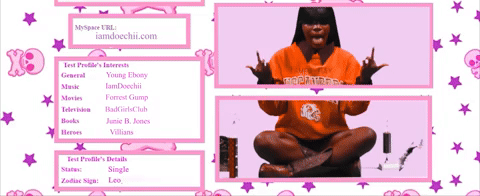
Doechii acknowledges her mother using food stamps during her youth, something that she's not ashamed to talk about, but that others seem to find scandalous. Possibly my favorite line from the song comes at the very end, whispered by the other students in the class:
That was really inappropriate... Did she say food stamps?
This line, despite being incredibly short, could spur an entire conversation about how we view "appropriate" and "inappropriate" content, especially as it relates to low-income communities. With so many sexual themes in the song, the reference to poverty and social welfare programs is what Doechii's fellow students consider to be over the line.